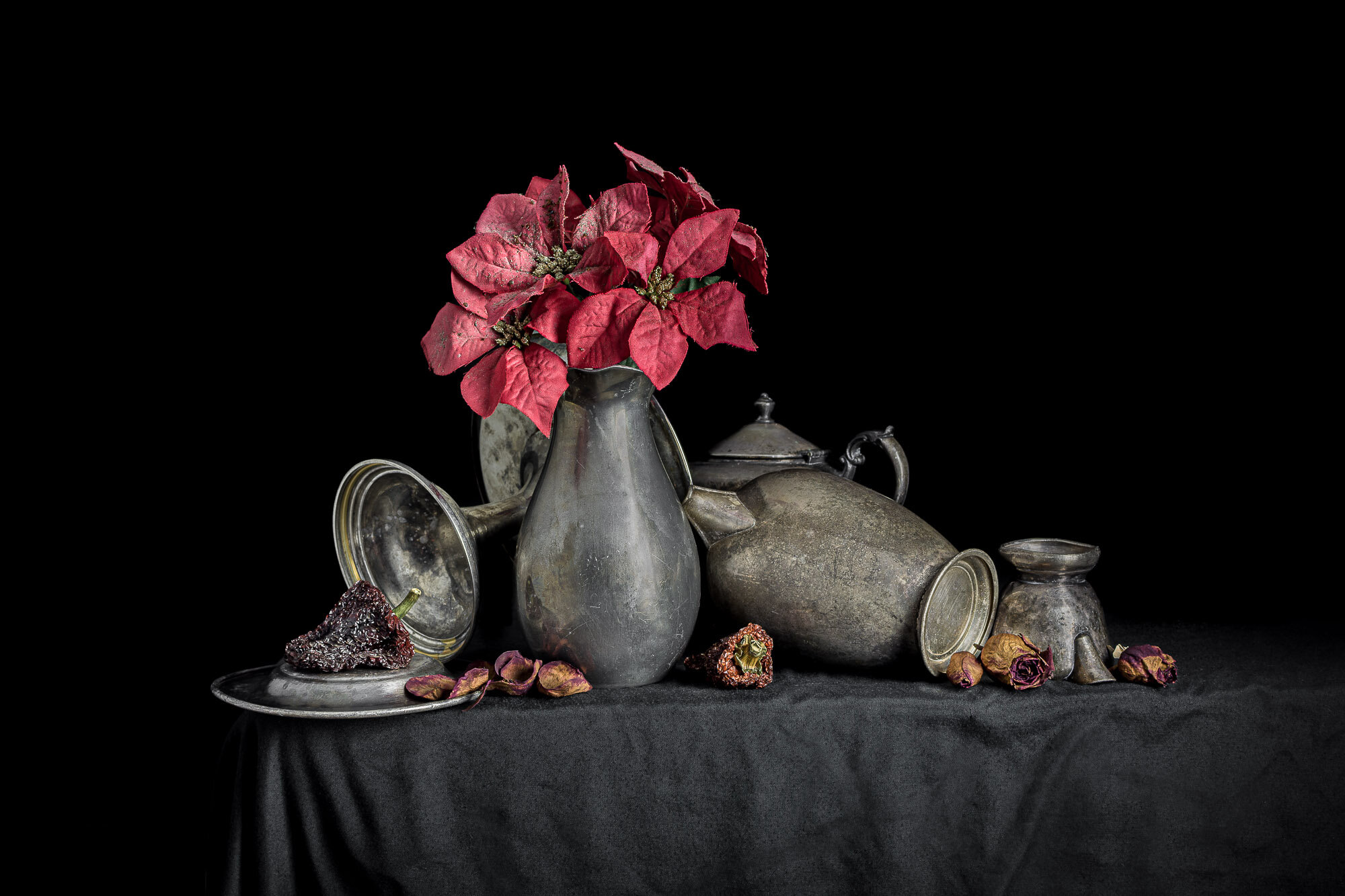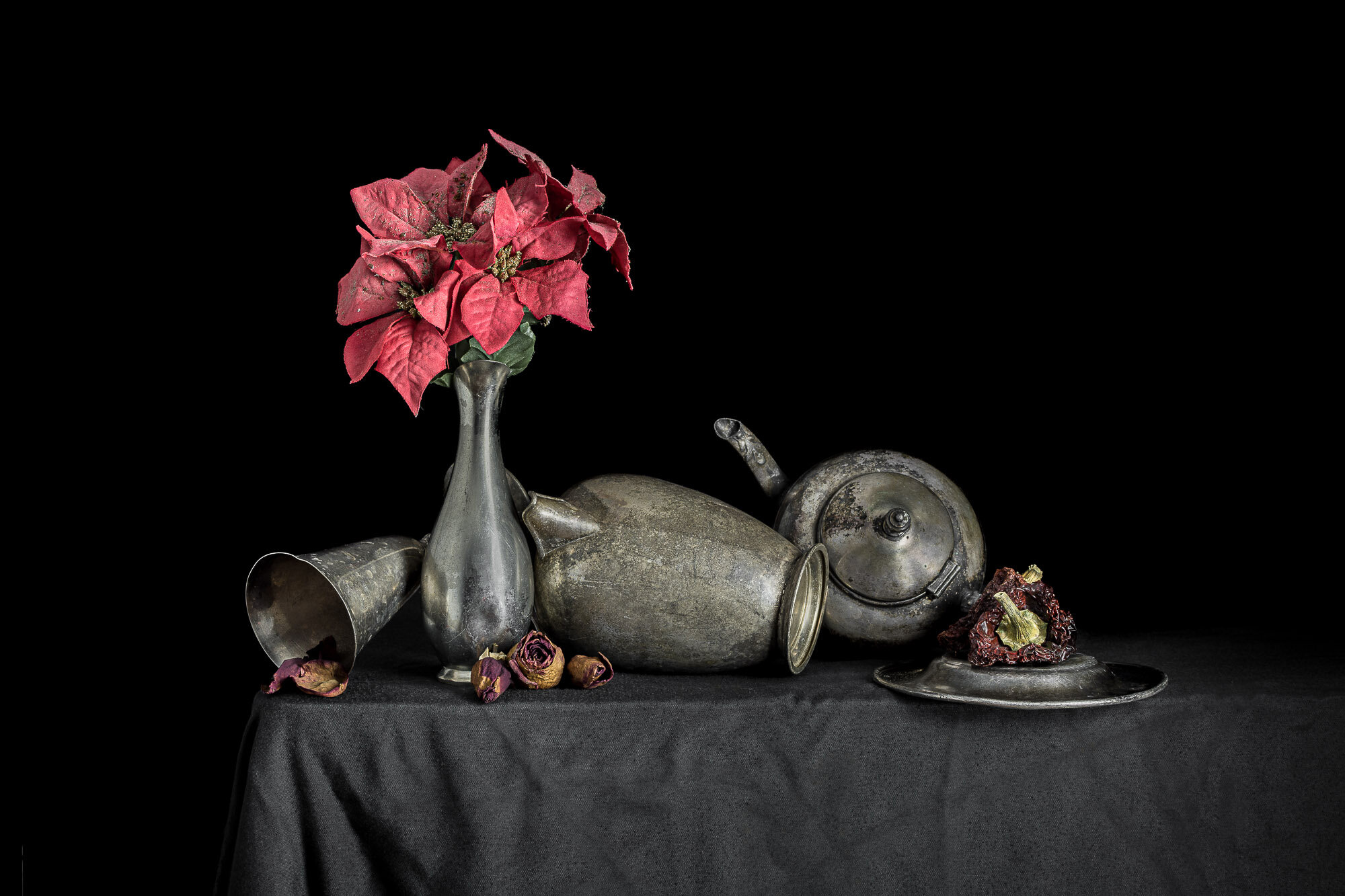The Garden
She planted the garden when the baby died.
From the kitchen window, I watched her swing the dull blade of the step edger, sweat beading on her upper lip. She carved out a square patch in the middle of the lawn and laid black plastic edging into the soil against the encroaching grass. She tilled the earth, first with the rusted pitchfork, then with her hands, squatting to sort stones from the loose earth. She planted seedlings—kale, tomatoes, sweet peas. She punched delicate holes in the the soft earth, deposited carrot seeds, and interred them.
I came outside periodically, to offer a cold drink or acknowledge the progress. Otherwise, I kept my distance. The garden had become her purview, in that way that communal things inevitably acquire secret ownership. In that way that the stove and the bookshelf belonged to me; in that way that the washing machine and the closet belonged to her. And now the garden—etched into the surface of the lawn and fretted over like a new tattoo—had become hers also.
Within days, the weeds appeared.
She armed herself with the trowel and fought back against an onslaught of dandelions and purple loosestrife and creeping thistle—each jagged leaf armed with a thousand tiny daggers.
A week later, the weeds returned.
Insects pockmarked the zucchini’s great leaves, carving them away until nothing was left but the scaffolding. The tomatoes ripened and, one by one, they were snatched up by squirrels who carried them away to the safety of the neighbours’s fence and eyed us with mild prejudice as they feasted. The carrots never grew larger than a thumbnail and, in time, these too were claimed by the squirrels. And when the rain came the soil shifted and swelled and rejected the black plastic edging along the perimeter of the garden.
We both agreed it would be best to let the lawn and the garden go fallow.
Maybe next spring, we decided. Maybe we’ll try again next spring.
Weeds soon choked out whatever vegetables remained. Purslane and bittercress and clover filled in every inch of bare soil, strangled back the withering remnants of the summer squash. The lawn was overtaken by dandelions; soon they dwarfed the tomatoes in their cages. The weeds found purchase even in the most inhospitable places: the cracks in the driveway, the crumbling brickworks of the stoop, the interstitial space between the shed and the neighbour’s property. They took root under the deck, where the sun’s rays scarcely penetrate, and rose triumphant between the two-by-fours, straining toward the heavens.
In time, the weeds flowered. And the desecrated lawn erupted into a mosaic of colour: the delicate white clusters of the Queen Anne’s lace; the ragged purple blossoms of the creeping thistle; the mottled blue and violet hues of the speedwells; the brilliantly saturated yellow of goldenrods and dandelions.
One evening, at dusk, we opened a bottle and sat together in the tall grass, taking it all in.
I’ve never seen anything so beautiful.





